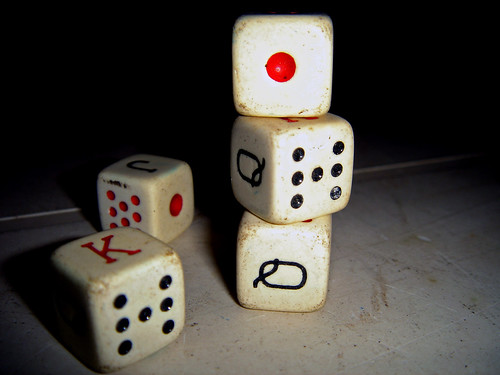 A moment. Here, now. And before you know it, the moment is gone. Only to be followed by another moment, and another, much like a string of pearls.
A moment. Here, now. And before you know it, the moment is gone. Only to be followed by another moment, and another, much like a string of pearls.Being “in the moment” is the essence of being present in your world. Or so the Zen masters might tell us. For many, this is an outrageously difficult task. It is elegant in it’s simplicity, yet challenging in it’s deeper meaning.
We’re caught up in the passage of time. Life. Experience. Spirituality. A series of moments, all demanding a description, an expression of the experience. And for many, the more pearls on that necklace, the better.
What amazes me is how we can struggle to simply be in the moment, but we’re bound and determined in the meantime to capture the moment and document it in any way possible. It doesn’t matter if you are an artist, or a scientist. It’s not a left brain or right brain task.
Is it possible to focus so hard on capturing the moment that it becomes impossible to simply experience it? And once you’ve captured that moment, what do you do with it?
Art and science both aim to capture moments in time. For example, a photographer composes an image in the viewfinder that reflects the underlying emotion, meaning, or essence of the moment at hand. A musician seeks to capture the essence of a moment, a feeling, by stringing notes together harmonically. Physicists perform research studies to better understand what takes place in the physical world at a given moment in time.
There are so many ways to commit an experience to paper, or sound, or a mathematical equation. We categorize things, reduce and codify them, in order to allow us to make sense of our world. It’s another example of micromanagement.
But what about the big picture? Expression can at times defy categorization. Ask any music aficionado. Where do you find that record in the catalog? Is it blues? Is it rock? Or is it, first and foremost, just a means of musical expression, of representing a moment in space and time with a series of notes harmonically spaced?
In the midst of all of the capturing and categorizing and codifying, we can lose sight of the big picture - that it is the moment, the experience, the essence – that is truly important. And then, perhaps more important is the long-lost art of reflecting on the moment, and learning from it.
You can leave a legacy of moments, captured and documented, beautifully detailed, but if nothing has been learned … then I wonder what the true value really is.
Capturing the moment – and it’s deepest and truest essence - is dependent upon truly, fully, completely, living and experiencing it first.
Photo credit: Batega

 "Running Injuries: Etiology And Recovery- Based Treatment" (co-author Bridget Clark, PT) appears in the third edition and fourth editions of "Clinical Orthopaedic Rehabilitation: A Team Approach" by Charles Giangarra, MD and Robert C. Manske, PT.
"Running Injuries: Etiology And Recovery- Based Treatment" (co-author Bridget Clark, PT) appears in the third edition and fourth editions of "Clinical Orthopaedic Rehabilitation: A Team Approach" by Charles Giangarra, MD and Robert C. Manske, PT.
 Allan Besselink, PT, DPT, Ph.D., Dip.MDT has a unique voice in the world of sports, education, and health care. Read more about Allan here.
Allan Besselink, PT, DPT, Ph.D., Dip.MDT has a unique voice in the world of sports, education, and health care. Read more about Allan here.
 Top 5 finalist in three categories: "Best Overall Blog", "Best PT Blog" and "Best Advocacy Blog".
Top 5 finalist in three categories: "Best Overall Blog", "Best PT Blog" and "Best Advocacy Blog".